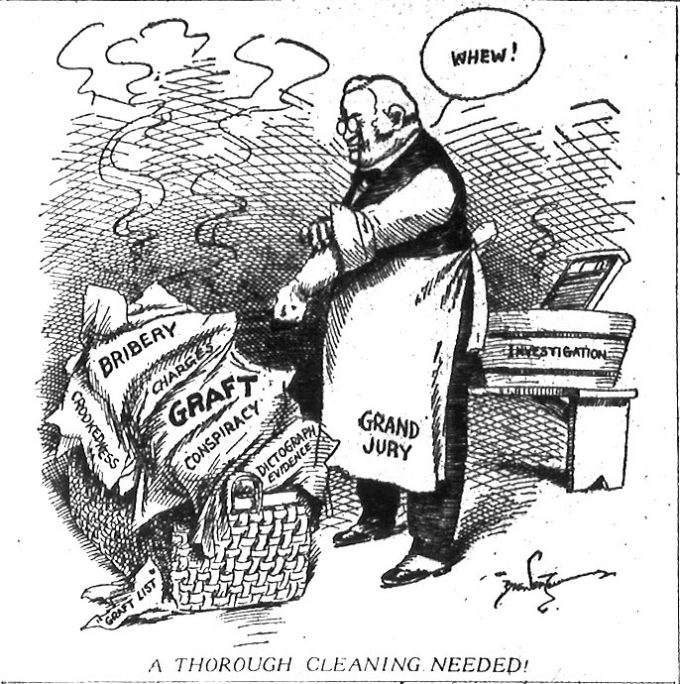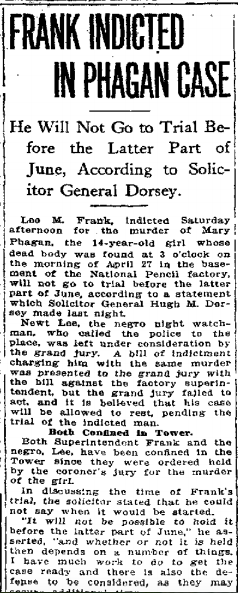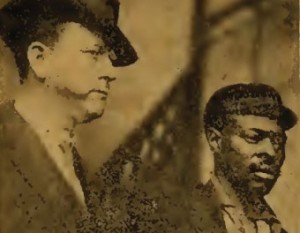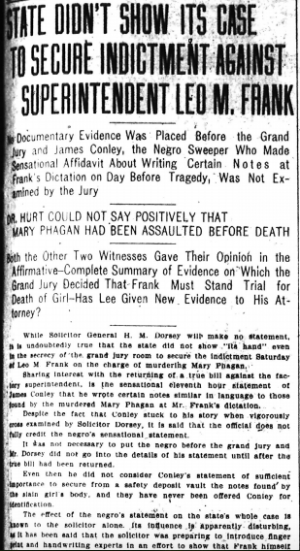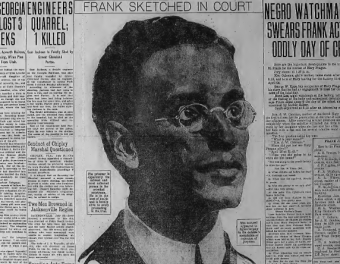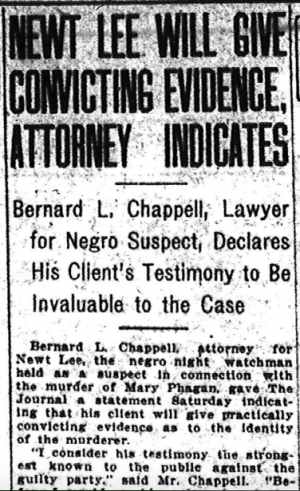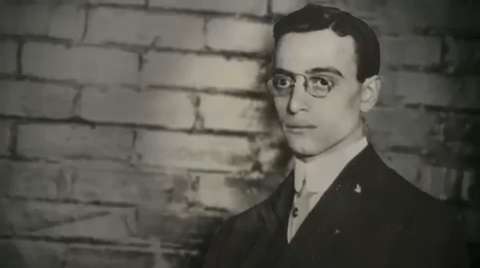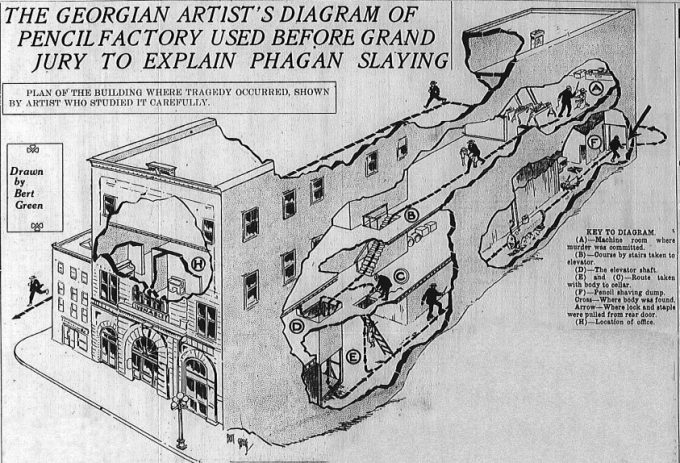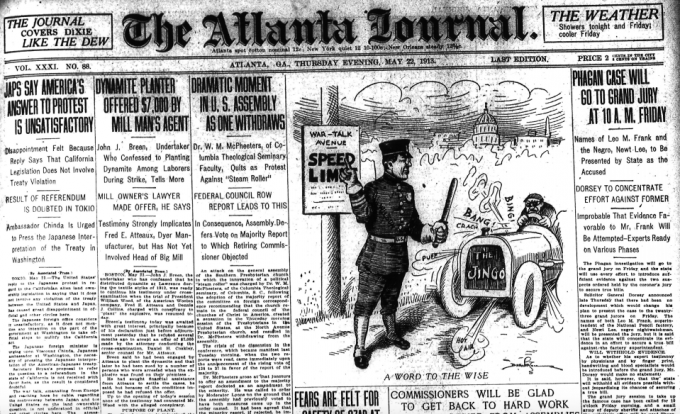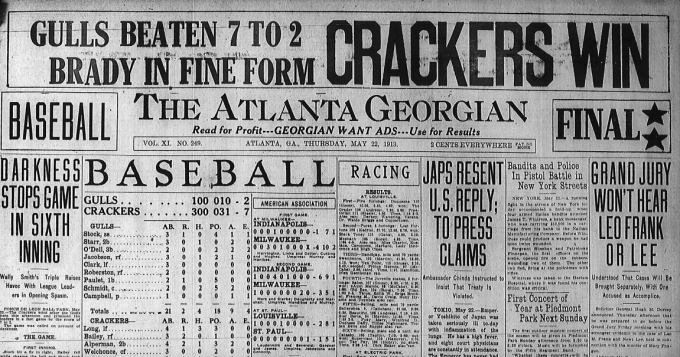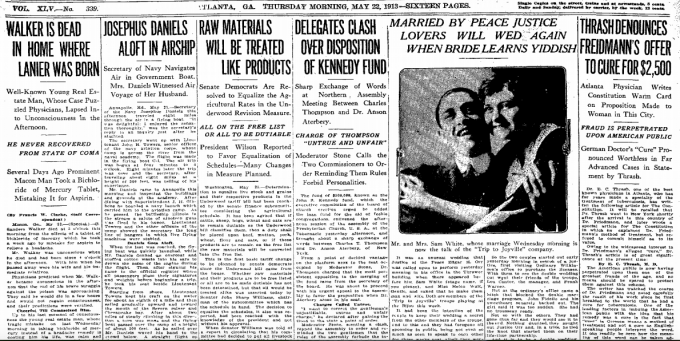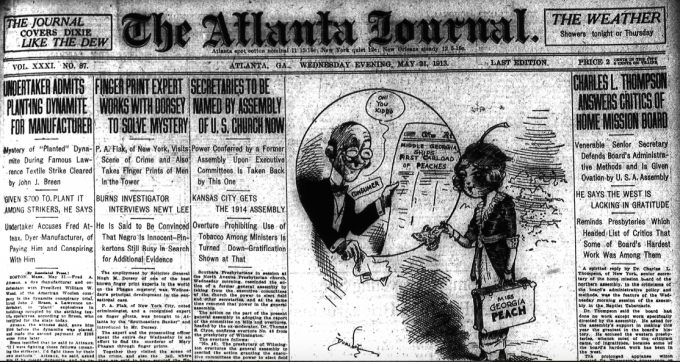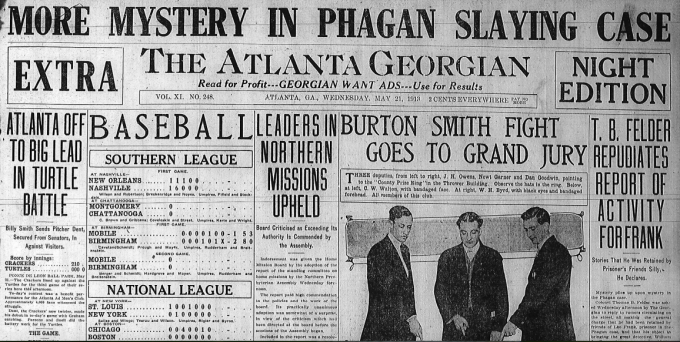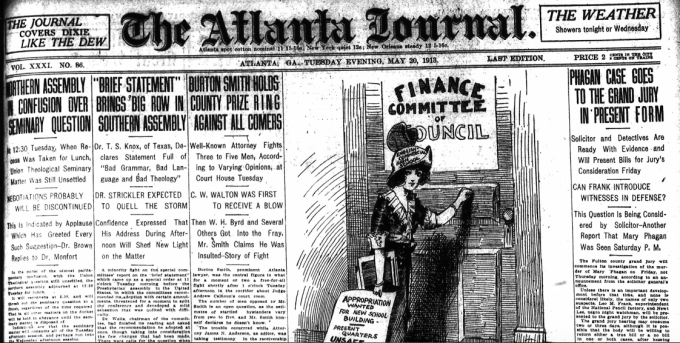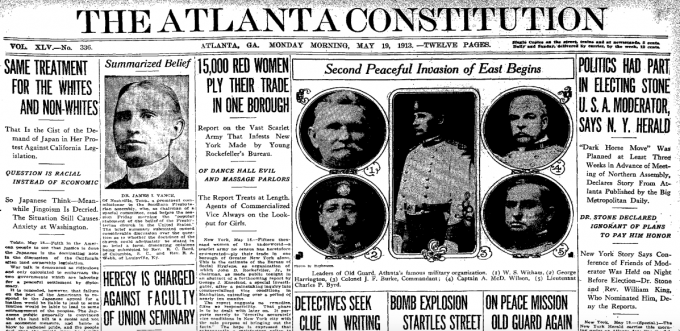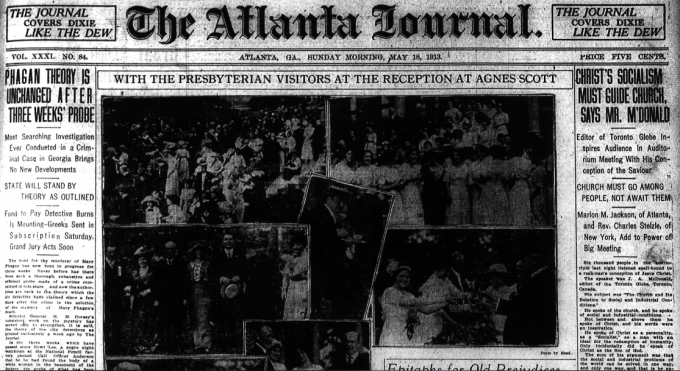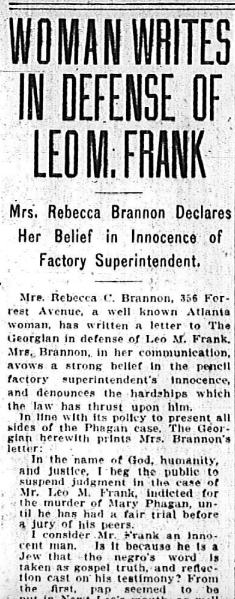 Another in our series of new transcriptions of contemporary articles on the Leo Frank case.
Another in our series of new transcriptions of contemporary articles on the Leo Frank case.
Atlanta Georgian
Wednesday, May 28th, 1913
Mrs. Rebecca Brannon Declares Her Belief in Innocence of Factory Superintendent.
Mrs. Rebecca C. Brannon, 356 Forest Avenue, a well known Atlanta woman, has written a letter to The Georgian in defense of Leo M. Frank. Mrs. Brannon, in her communication, avows a strong belief in the pencil factory superintendent’s innocence, and denounces the hardships which the law has thrust upon him.
In line with its policy to present all sides of the Phagan case, The Georgian herewith prints Mrs. Brannon’s letter:
In the name of God, humanity, and justice, I beg the public to suspend judgment in the case of Mr. Leo M. Frank, indicted for the murder of Mary Phagan, until he has had a fair trial before a jury of his peers.
I consider Mr. Frank an innocent man. Is it because he is a Jew that the negro’s word is taken as gospel truth, and reflection cast on his testimony? From the first, pap seemed to be put in Newt Lee’s mouth, as well as that of Conley, to make them say or hint that Mr. Frank was suspected by them of committing the crime.
Calls It Persecution.
What negro, with dread of lynching or summary justice being meted out to him, would not swear to a lie, and put the crime on another if he could thereby escape the consequences of his crime? And even so late as Saturday the negro Conley admitted he wrote the notes found beside the murdered girl, as he said, at the suggestion of Mr. Frank.
Is it not inconceivable to think that an astute man, planning with finesse, to kill a little girl who might possibly call for her pay envelope the following day, would take into his confidence the sweeper Conley and have him write what he contemplated putting in a note he intended to lay before her mutilated body, when he shall have murdered her the next day, and exclaiming, “There is no reason why I should hang for it!”
Oh, no! Gentlemen, this is entirely too unlikely a thing for a man of his astuteness and caliber to have done or said. There has been some colossal blunder on the part of the city detectives in rounding up the quarry.
It looks very like persecuting this man simply because he is a Jew. I like to see fair play and justice. This is the first time a Jew has ever been in any serious trouble in Atlanta, and see how ready is every one to believe the worst of him. Continue Reading →

